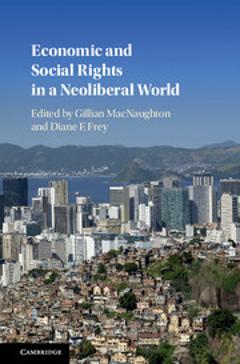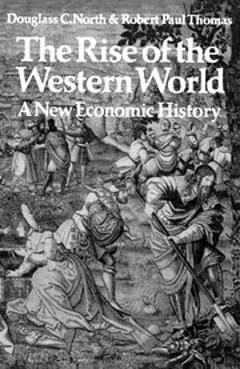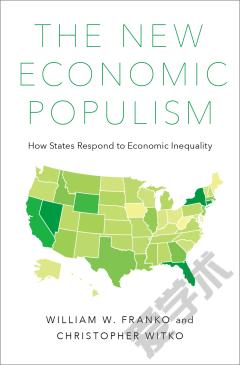The 1970s —— A New Global History from Civil Rights to Economic Inequality
----- 20世纪70年代:从民权到经济不平等新全球史
The seventies has recently been the subject of several good books, including this one, that show that the decade was much more complex than the failed presidencies of Nixon, Ford, and Carter and pulsating disco beats. This work covers more territory than Jefferson Cowieâs Stayin Alive: The 1970s and the Last Days of the Working Class* and Dominick Sandbrookâs Mad As Hell: The Crisis of the 1970 and the Rise of the Populist Right*, books that investigate, respectively, the decline of labor unions and growing anger with government. The Elwood N. And Katherine Thompson Distinguished Professor of Modern World History at the University of Nebraska-Lincoln and author of The Cold War and the Color Line: Americaâs Race Relations in the Global Arena, Borstelmann takes a broader approach by analyzing politics, culture, and economics to reveal that the great transformations that roiled America also changed the world. The author views 1973 to 1979 as a period of growing inclusiveness in which women, gays, and peoples of color, particularly Asians and Latinos, gained rights and acceptance previously denied to them. Simultaneously, it was a period when free market capitalism had begun to replace large government as the means to solve economic and social problems. These two important trends would in large measure, the author claims, define not just the seventies, but all succeeding decades. Free-market capitalism was most significantly responsible for the growing economic inequality that split earners into the few haves and the many have-nots, which today has born bitter fruit in the âOccupyâ demonstrations cropping up throughout the country. Interestingly, Borstelmann shows that while minorities in ever increasing numbers were participating in the job market, they were performing with a tattered, government-supported safety net compared with that of the 1930s through the 1960s: declining wages, loss of benefits, and a crippling inflation wreaked havoc on the middle class. Culturally, religious fundamentalism and environmentalism entered the mainstream in the United States and the world during this era; Borstelmann shows how entrenched these movements became during the rest of the twentieth century. The author includes a mind-boggling amount of statistics that support this deeply researched account, but these numbers could distract readers. Nonetheless, this is an ambitious and important work that skillfully analyzes all aspects of the seventies and defines its legacy for present times. KARL HELICHER (November 18, 2011)
{{comment.content}}








 京公网安备 11010802027623号
京公网安备 11010802027623号